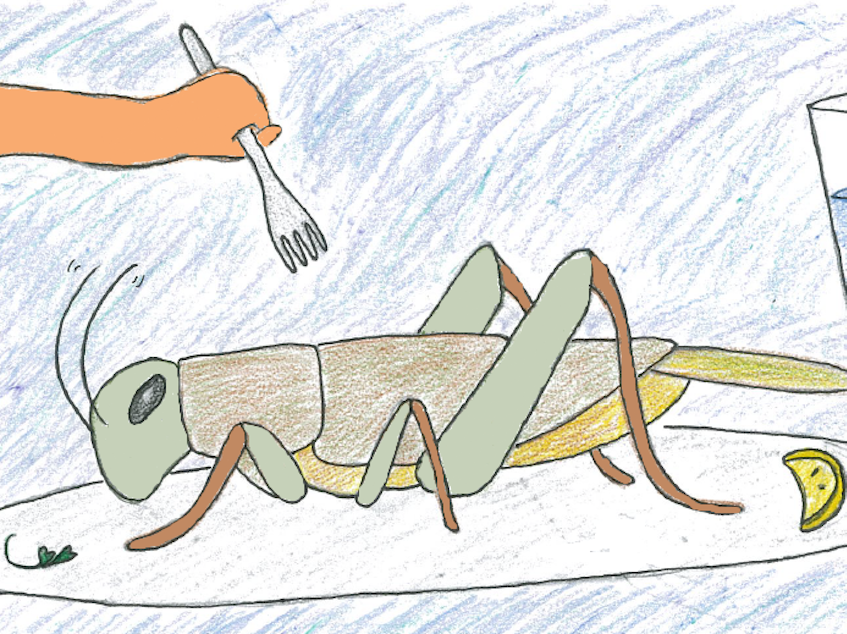Yum and Yuck: The Psychology Of What We Eat...And What We Spit Out

Paul Rozin has been studying the psychology and culture of food for more than 40 years. And he's come to appreciate that food fills many of our needs, but hunger is just one.
"Food is not just nutrition that goes in your mouth or even pleasant sensations that go with it," he says. "It connects to your whole life, and it's really a very important part of performing your culture and experiencing your culture."
This week, we chew over the profound role that food plays in our lives. Then, we spit it all out — we study the ick factor that turns us off to cockroaches, skunks, and poop. Rachel Herz explains the sensation of disgust, and why it doesn't always come naturally.
"Young children are not very good at recognizing disgust faces. In fact, they often mistake the face of disgust with the face of anger," she says. "Disgust is the instinct that has to be learned."
More Reading:
"The Selection of Foods by Rats, Humans, and Other Animals," by Paul Rozin
"Unit Bias: A New Heuristic That Helps Explain the Effect of Portion Size on Food Intake," by Andrew B. Geier, Paul Rozin and Gheorghe Doros
"Verbal Priming and Taste Sensitivity Make Moral Transgressions Gross," by Rachel Herz
"That's Disgusting: Unraveling The Mysteries of Repulsion," by Rachel Herz
Hidden Brain is hosted by Shankar Vedantam and produced by Jennifer Schmidt, Rhaina Cohen, Parth Shah, Thomas Lu, Laura Kwerel, and Camila Vargas Restrepo. Our supervising producer is Tara Boyle. You can also follow us on Twitter @hiddenbrain. [Copyright 2018 NPR]



